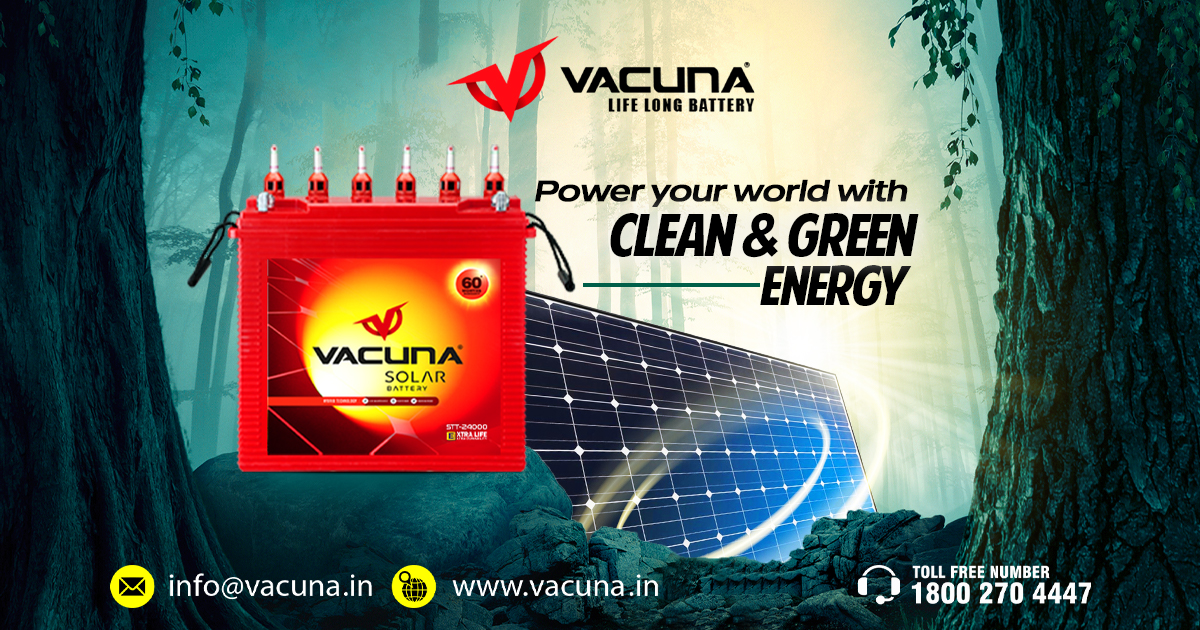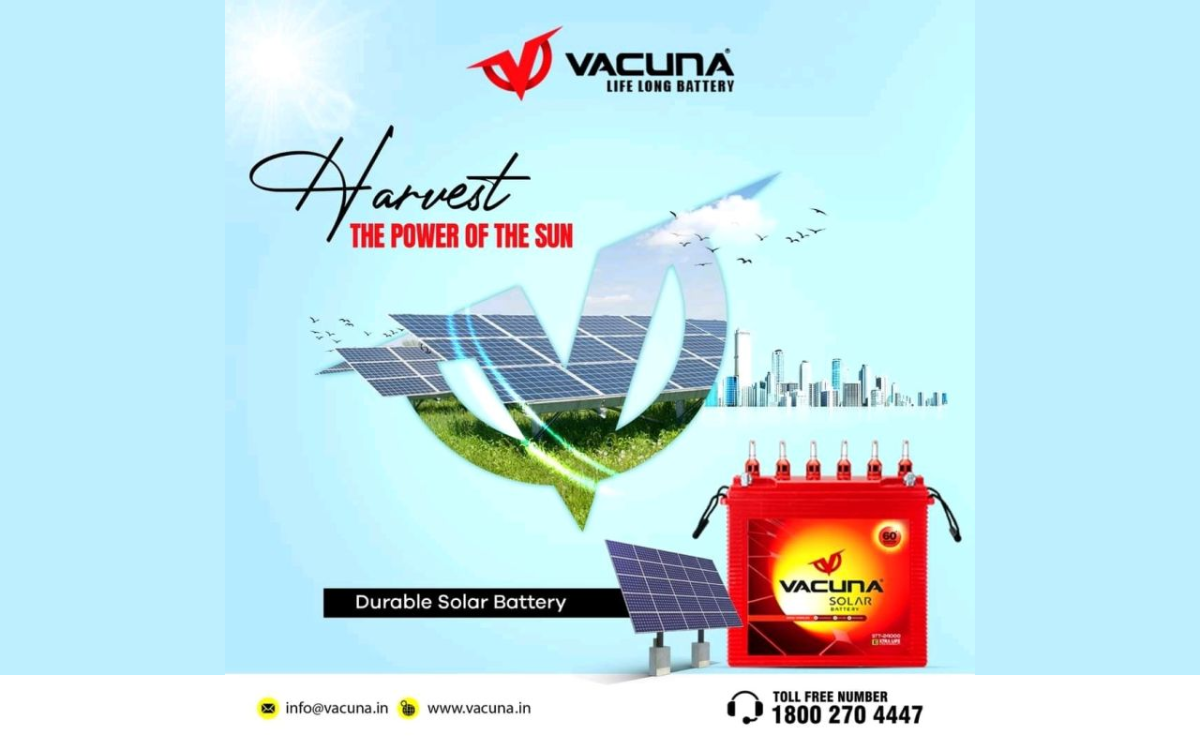In today’s fast-paced world, where technology continues to evolve at an unprecedented rate, the need for reliable and efficient power sources is more critical than ever. One industry that plays a pivotal role in meeting this demand is the battery manufacturing sector. In India, a rising powerhouse in global innovation and technology, battery manufacturers are making significant strides in providing cutting-edge solutions for various applications. In this comprehensive article, we explore the world of battery manufacturing in India, shedding light on the key players, the latest innovations, and why they are essential for driving progress and innovation.
The Evolution of Battery Manufacturing in India
The battery manufacturing industry in India has come a long way, transforming itself from a predominantly consumer-driven market to a hub for advanced battery technologies. With the increasing adoption of electric vehicles (EVs), renewable energy sources, and portable electronics, the demand for high-performance batteries has surged. India’s battery manufacturers have risen to the occasion, adapting to these evolving needs.
Vacuna is one of the Leading Battery Manufacturers in India
We provide innovative power solutions across India as well as the UAE. The company specializes in manufacturing lead-acid-based batteries for various uses such as
1. Inverter Battery
Our Inverter range batteries are built on Tubular Technology with a deep cycle design, making them ideal for regions plagued by frequent and prolonged power outages. These batteries boast rapid recharge capabilities, providing a reliable solution for areas in need of uninterrupted power. Crafted with thicker positive plates and robust negative plates, they’re designed to endure outages. These powerhouses feature increased electrolyte volume and come equipped with an electrolyte indicator for easy maintenance.
From households and businesses to diverse enterprises, Vacuna inverter batteries have been the backbone of power supply across Uttarakhand, Uttar Pradesh, Rajasthan, and the entire nation for years. These batteries illuminate homes and energize dreams. Driven by innovation and cutting-edge technology, Vacuna proudly stands as a leading inverter battery brand in UP, and its forward-thinking approach positions its batteries among the best in Rajasthan.
2. Solar Battery
When you embark on the journey to harness cleaner and greener energy for your homes and offices, solar energy often takes center stage. However, beyond high-quality solar panels, the importance of a reliable solar battery cannot be overstated. In your quest for the perfect solar energy companion, you’re bound to encounter Vacuna, a prominent solar battery manufacturer in India.
As India’s foremost solar battery manufacturer and supplier, Vacuna offers top-notch solar batteries for homes at budget-friendly prices. Positioned as a renowned Solar Battery Supplier in UP, Vacuna delivers effective and innovative power solutions. Our solar batteries are not only durable and long-lasting but also exceptionally safe. They can be recharged numerous times, surpassing many competitors. Our commitment to creating an eco-friendly environment and conserving fuel is at the core of our solar battery production. Opt for Vacuna, and power your world with sustainable energy.
3. E-rickshaw Battery
Our E-rickshaw range batteries have been meticulously engineered for the daily charge and discharge demands of e-rickshaws. The plates are intelligently designed to offer a larger surface area, enhancing performance and longevity. Thicker glass mats, coupled with low-resistance PE, wrap the plates, reducing shedding and extending the battery’s lifespan. These unique features maximize performance, translating into cost savings for e-rickshaw owners.
Selecting the right battery is pivotal as it serves as the lifeline of your e-rickshaw. When searching for a top-quality e-rickshaw battery in Rajasthan, Vacuna, India’s premier battery manufacturer, is the name you’ll undoubtedly encounter. Our e-rickshaw batteries not only come at affordable prices but also deliver unmatched quality, performance, and innovative features. Invest in a Vacuna e-rickshaw battery today for smoother, power-packed rides, and substantial savings.
4. Automotive Battery
Vacuna’s automotive batteries are purpose-built to withstand the rigors of Indian roads – enduring scorching temperatures, heavy monsoons, snow, dust, narrow village streets, and unpredictable highways. Carefully chosen components ensure longevity and consistent power. The thicker, high-cranking grid design guarantees a reliable vehicle start. Utilizing thicker glass mats and low-resistance microporous PE allows for smooth current flow, enhancing robustness and reducing the risk of short circuits.
Vacuna, a trusted and renowned brand in India, provides a wide range of packaged power solutions, including high-quality automotive batteries for both commercial and individual use. From cars to two-wheelers, even heavy commercial vehicles like tractors and trucks, Vacuna has you covered. As the leading Automotive Battery Supplier in Uttarakhand, we deliver durable, efficient, and powerful car batteries, all manufactured in state-of-the-art facilities across the country. This commitment to quality has made us a trusted Car Battery Dealer in Uttarakhand, serving our customers with reliable power solutions.
Advancements in Lead-Acid Battery Technology
In the pursuit of excellence, Indian battery manufacturers have continuously invested in research and development, leading to remarkable technological advancements. These innovations have a profound impact on various sectors.
1. Enhanced Energy Density:
Lead Acid batteries have witnessed significant advancements in energy density, allowing them to store more energy in a smaller footprint. Through the use of advanced electrode materials and improved manufacturing techniques, manufacturers have been able to increase the energy density of lead-acid batteries. This means that businesses and individuals can now enjoy higher energy storage capacity without compromising on space or size requirements.
2. Extended Cycle Life:
Another notable advancement in Lead Acid battery technology is the improvement in cycle life. With the development of new electrode materials and additives, Lead Acid batteries now offer a longer lifespan, allowing for increased usage and reduced maintenance costs. These advancements have made Lead Acid batteries a more reliable and cost-effective energy storage solution for various applications, including renewable energy systems and backup power.
3. Enhanced Performance:
Advancements in Lead Acid battery technology have led to improved performance in terms of efficiency and power output. Manufacturers have focused on optimizing the internal design and composition of Lead Acid batteries to enhance their performance characteristics. This means that businesses and individuals can now benefit from batteries that deliver higher power output, faster charging, and improved overall efficiency, making them suitable for demanding applications such as electric vehicles and industrial equipment.
4. Application Versatility:
Lead Acid batteries have become more versatile due to advancements in technology. They can now be used in a wide range of applications, including renewable energy storage, automotive, telecommunications, and uninterruptible power supply (UPS) systems. The ability of Lead Acid batteries to withstand high discharge rates and provide reliable power makes them a popular choice for various industries. Furthermore, advancements in manufacturing processes have made lead-acid batteries more cost-effective, allowing businesses to benefit from affordable and efficient energy storage solutions.
The Role of Battery Manufacturers in India’s Progress
The impact of battery manufacturers in India extends far beyond their role as suppliers. They are pivotal in driving progress and innovation in several key areas:
Green Transportation
The adoption of electric vehicles is accelerating India’s journey towards a sustainable future. Battery manufacturers are providing the power solutions needed to make this transition a reality. These vehicles not only reduce emissions but also promote energy independence.
Renewable Energy
India is making significant investments in renewable energy sources like solar and wind power. Battery technology is essential for storing excess energy and ensuring a continuous power supply. Battery manufacturers are instrumental in enabling the growth of this sector.
Electronics and Gadgets
The demand for portable electronics continues to surge. Battery manufacturers are ensuring that these devices have long-lasting and efficient power sources. This is essential for modern living and the convenience of consumers.
The Future of Battery Manufacturing in India
The future of battery manufacturing in India looks promising. With a strong emphasis on research and development, a commitment to quality, and a focus on sustainability, India is poised to become a global leader in battery technology.
As battery technology continues to evolve, we can expect to see even more efficient and environmentally friendly batteries coming from Indian manufacturers. These advancements will not only benefit the domestic market but also have a global impact.
Conclusion
In conclusion, battery manufacturers in India are playing a pivotal role in driving progress and innovation in the country. Their contributions extend to green transportation, renewable energy, and the electronics industry. With a focus on sustainable practices and cutting-edge technology, Indian battery manufacturers are well-positioned to shape the future of power storage.
Follow Us:
Facebook
Instagram
Twitter













